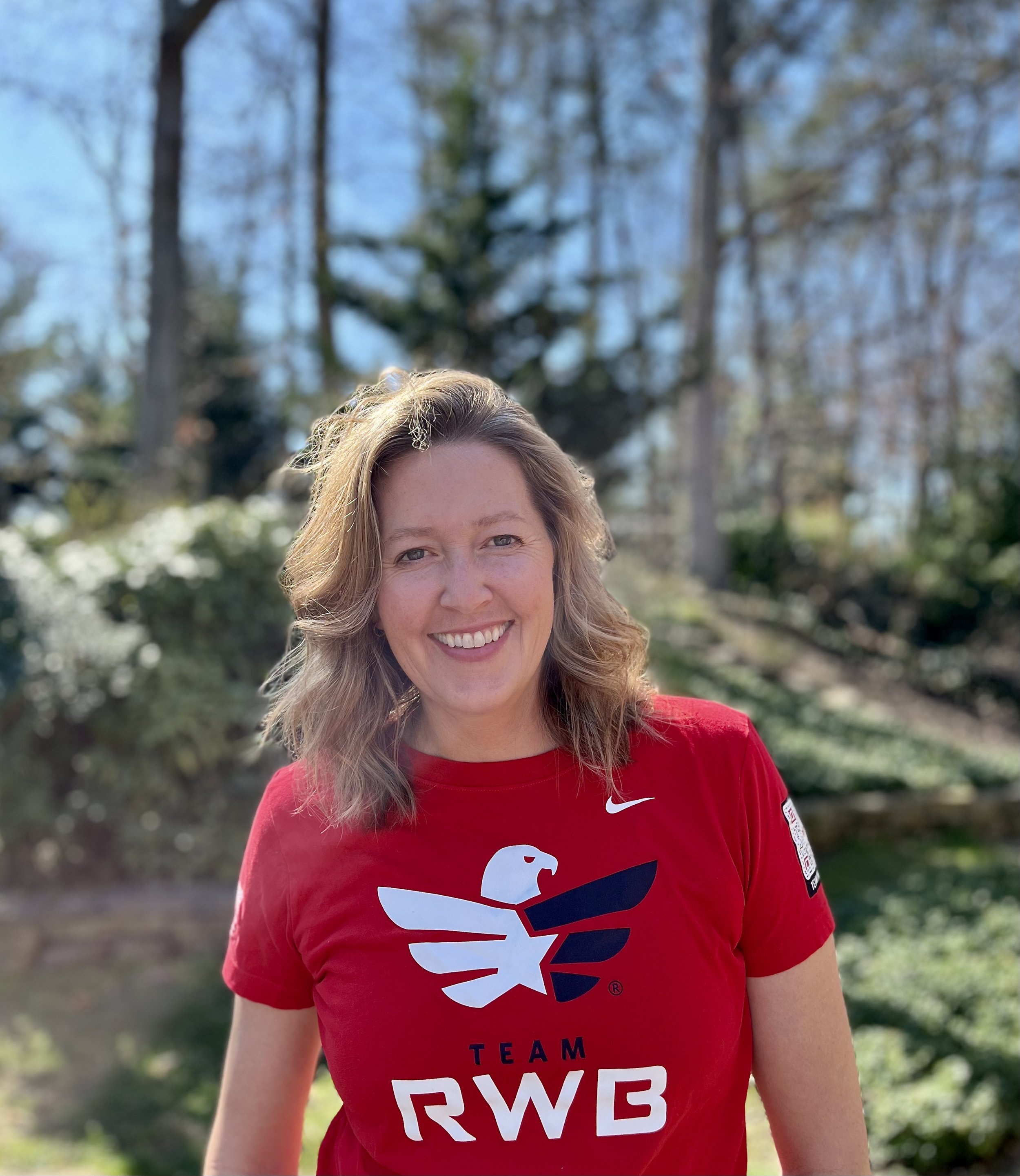Are You Getting Enough Protein?
Athletes (that’s you) have much to think about regarding nutrition, especially as you age. Recovery time is longer, and muscle mass also starts to decline if you don’t do something to stop it. It’s not all bad news because you are already doing something to slow the aging process by exercising and staying physically active by being a part of Team RWB. You need to support that activity by ensuring you get enough dietary protein to optimize those gains.
What is Protein?
Protein is one of the three macronutrients, with the others being carbohydrates and fat. Proteins do so much more in the body than support muscle growth; they are involved in nearly every process and reaction in the body. However, most people think of dietary protein when they think of protein.
Dietary protein consists of 20 amino acids. Our bodies can make 11 of these independently, but nine are called essential amino acids, and we must get them from food. The body breaks down dietary protein into these individual amino acids, and your body directs them where they need to go; some may go to build muscle, while others may go on to support your metabolism.
How Much Protein Do You Need?
The question of how much protein you need daily has become more complicated. The recommended dietary allowance (RDA) is set at 0.8g/kg of body weight as the minimum amount of protein you should eat per day. This recommendation would come to 55 grams of protein per day for an individual who weighs 150 pounds.
Other organizations have challenged this recommendation, indicating this is too low for almost every adult demographic. For individuals who are working toward gaining muscle and maintaining the muscle mass they already have, the International Society for Sports Nutrition recommends 1.4-2.0 g of protein/kg of body weight/day—this is double the RDA and a good range to aim for.
You can calculate your daily protein requirements using the example below or keep it simple by consuming 20-40 grams of protein every 4 hours throughout the day, depending on your eating window.
How to Calculate Your Body’s Protein Needs
Calculating how much protein your body needs each day is easy.
Here’s the simple formula:
Weight in kilograms x 1.4 = Your body’s minimum daily protein needs
Weight in kilograms x 2 = Your body’s maximum daily protein needs
For example, a 150 lbs person weighs 68 kg.
68 x 1.4 = 95 grams and 68 x 2 = 136 grams
So, a 150 lbs person needs 95 to 136 grams of protein each day.
Maximizing Muscle Protein Synthesis with Protein
It’s important to recognize that simply eating high-protein foods will not produce lean muscle mass. Protein works in synergy with strength training to build and maintain muscle mass, also known as muscle protein synthesis. In addition, eating protein with a source of carbohydrates can minimize muscle damage after a workout.
Here's a little secret for your quest to maximize your muscle-building potential. One of those essential amino acids, leucine, is considered the “switch” to turn on muscle protein synthesis. You can find leucine in most protein-rich foods such as chicken, pork, tuna, nuts, milk, eggs, chickpeas, and lentils, so as long as you’re getting a variety of protein foods each day, you are most likely getting the leucine you need.
Just in case you were thinking of supplementing leucine in isolation, research has found that muscle protein synthesis is improved with a mix of all amino acids. So, while leucine is the life of the party, it doesn’t like to party alone.
Getting Enough Protein in Your Diet
If you’re falling short on protein in your diet, don’t stress. Start by getting 20-30 grams of protein at every meal and 5-10 grams of protein in your snacks. Here are some protein amounts in common foods.
The Bottom Line
Dietary protein is essential for building and maintaining muscle mass as you age. If you’re only getting the RDA for protein, it’s not enough. Start adding another source of protein, either animal or plant-based, to your diet each day until you reach your goal.
Want to level up your nutrition game? Join the Nutrition Group in the Team RWB app to connect with service members from all branches and eras. They share recipes, tips, and information. They also provide support as you work to achieve your fitness goals.
Sarah Pflugradt is a registered dietitian with a specialization in human performance. She is an Air Force vet, a military spouse, and a health promotion professor at American University in Washington D.C. She spends her free time cooking, writing, and watching her 3 kids compete in sports.




